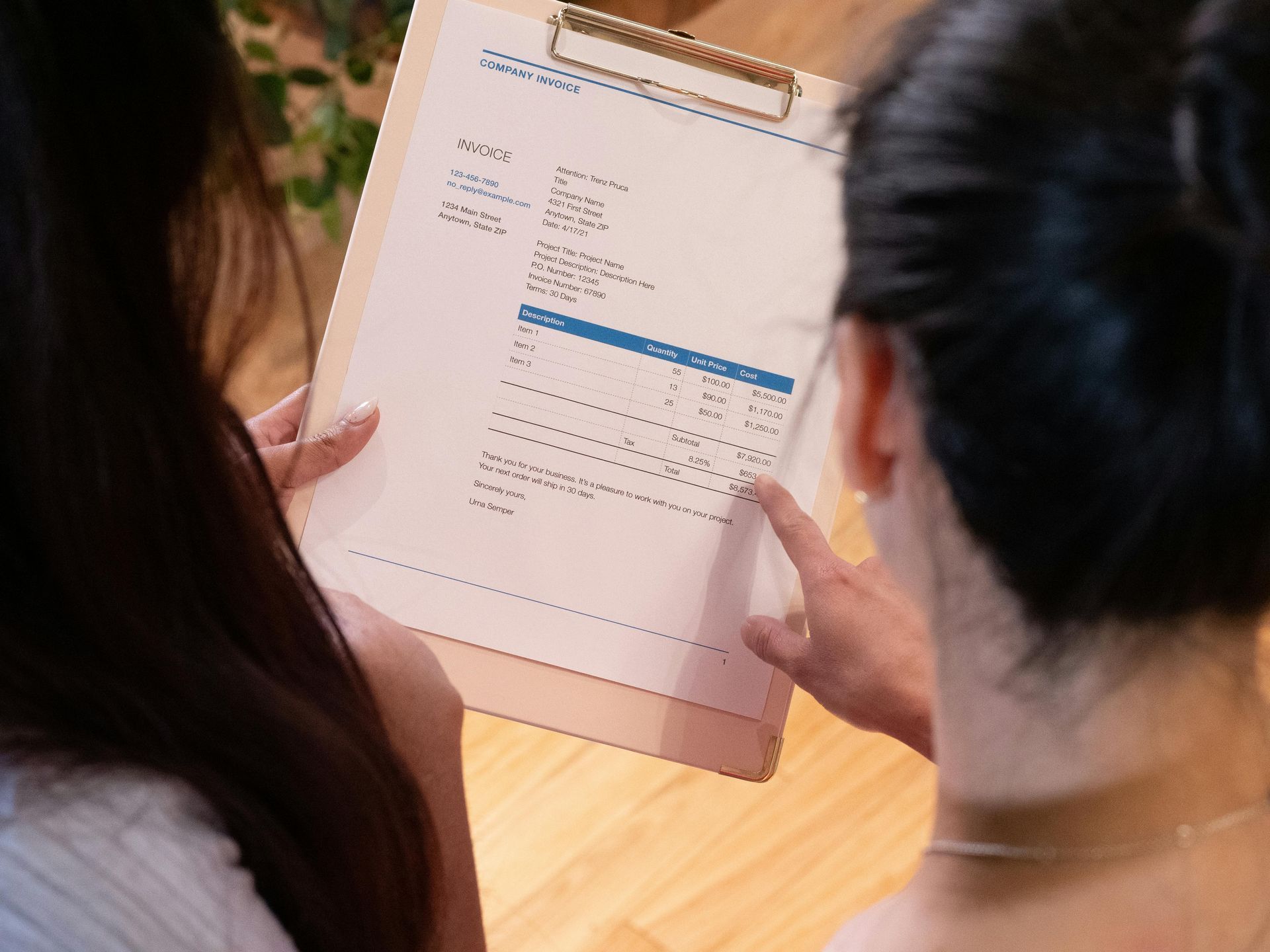A notary public plays a crucial role in ensuring the legitimacy and authenticity of important documents. Whether you're a small business owner, a real estate professional, or someone handling personal legal matters, understanding what a notary public does and how they can help you is essential.
In this blog post, we'll answer common questions about notaries, what documents they can notarize, how to find a notary, and more.
What is a Notary Public?
A notary public is a state-appointed official who serves as an impartial witness to the signing of legal documents. Their primary function is to verify the identities of the individuals signing documents and to ensure that the signatures are made voluntarily and without duress. Notaries help prevent fraud and protect both parties involved in a legal transaction.
Notaries can work in various sectors, including business, real estate, finance, and personal matters. Their role is critical for ensuring the authenticity of documents used in legal or financial transactions, making them an essential part of the process for small businesses, freelancers, and individuals alike.
What Types of Documents Can a Notary Public Notarize?
Notary publics are authorized to notarize a wide variety of documents. Here are some of the most common ones:
Wills and Trusts – These legal documents often require notarization to be considered valid, particularly if they are contested in the future.
Real Estate Documents – Deeds, mortgages, and other real estate-related paperwork are commonly notarized to ensure the transaction is legitimate.
Powers of Attorney – This allows an individual to designate someone else to make decisions on their behalf. It often requires notarization to be legally binding.
Affidavits and Oaths – A notarized affidavit or oath can be used to verify facts in legal matters or court proceedings.
Contracts and Agreements – Business contracts, leases, and other agreements sometimes require notarization to ensure all parties are entering the agreement knowingly and voluntarily.
How Can I Find a Notary Public?
Finding a notary public is easier than you might think. Here are some options for locating a notary in your area:
Banks and Credit Unions – Many banks offer notary services for their customers free of charge, although they may limit the number of documents they will notarize.
Real Estate Offices – If you’re involved in a real estate transaction, most agents and brokers have a notary public on hand.
Mobile Notary Services – A mobile notary can meet you at a convenient location, such as your home or office, making the process even easier.
Online Notary Services – Remote online notarization (RON) allows you to have documents notarized through a secure audio-video meeting, and can be accessed from anywhere.
Online Notary Directories – You can search for certified notaries on websites like the National Notary Association (NNA) or your state’s official website.
Can Documents Be Notarized Online?
Yes! In recent years, remote online notarization (RON) has become increasingly popular, especially for those who can’t make it to a notary in person. RON allows you to have documents notarized through a secure audio-video meeting with a commissioned online notary public.
Remote notarization is available in many states, though it’s important to confirm whether it’s legally allowed in your state. Online notaries use specialized platforms to verify the identity of the signer, ensuring the process remains secure and valid.
Note: Remote online notarization is only permitted in states where it has been approved by law. Be sure to check your state’s regulations before opting for an online notarization.
How Much Does Notarization Typically Cost?
The cost of notarization can vary depending on where you are located. Notary fees are typically regulated by the state, and each state has its own fee structure for notaries.
Notary Fees in Texas
In Texas, notaries are allowed to charge the following maximum fees:
Acknowledgments and Jurats (Affidavits): $10 for the first signature and $1 for each additional signature
Oaths & Affirmations: $10 per certificate and seal
In addition to these standard fees, notaries may charge additional fees for travel if you're utilizing a mobile notary service. If you're using a remote online notary service, they may have their own fee structure, often ranging between $10 to $25 per notarization in addition to any other fees authorized by the state, depending on the service and your state's laws.
It’s important to note that some notaries may offer additional services like apostille services, but these would incur extra costs.
Final Thoughts
Whether you’re managing real estate transactions, handling business contracts, or simply need personal documents notarized, knowing what a notary public is and how they can assist you is invaluable.
Stay informed and make sure you have the right resources in place to streamline your legal and business processes.








